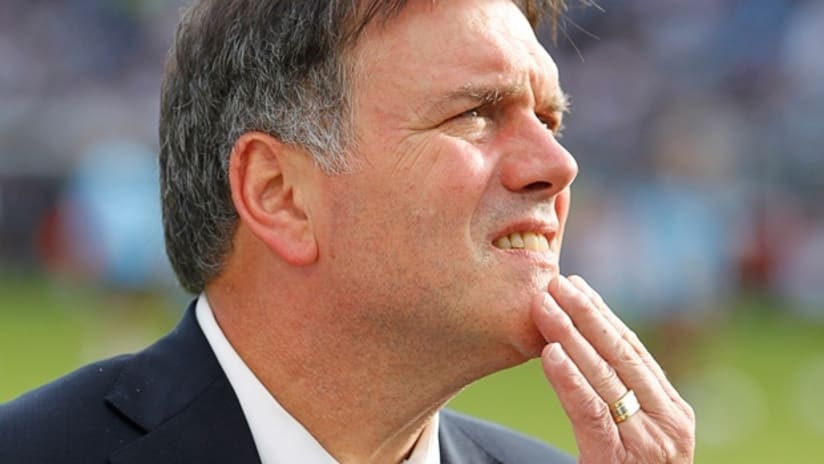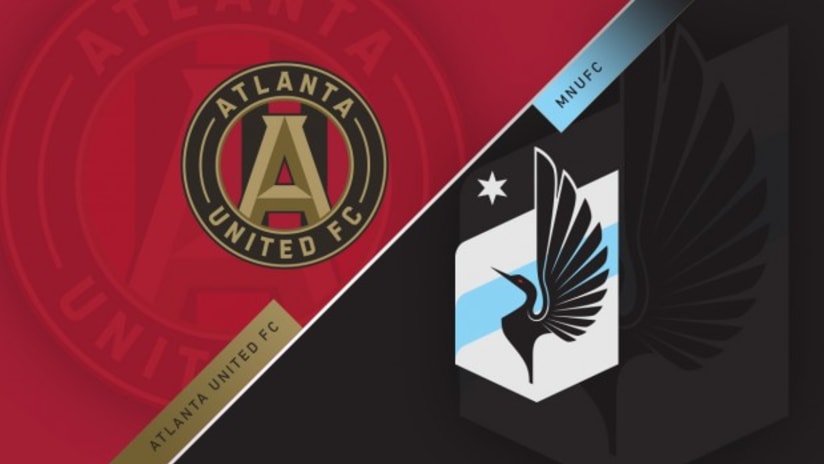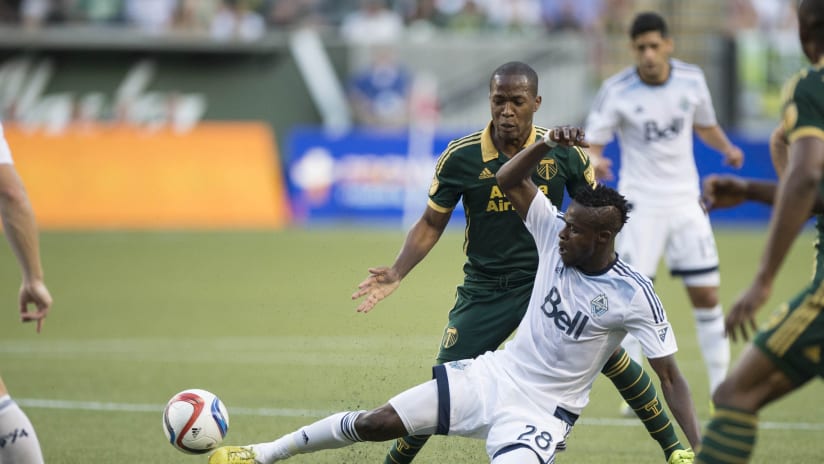It’s a result that drives the message home loud and clear: Canada’s youth development structure still has a long way to go.
Canada’s shambolic 8-1 away loss to Honduras, which ended qualification for the 2014 FIFA World Cup in Brazil, hurt many in the Canadian soccer community. But Vancouver Whitecaps FC president Bob Lenarduzzi suggests on some level, it might have been better that Canada took a heavy defeat rather than paper over the cracks with a narrow loss, if a win wasn’t on the cards.
“If we had of lost 2-1, it might not have been as topical as losing 8-1,” the former national team coach and Canadian international told MLSsoccer.com on Wednesday. “In my opinion, we haven’t stopped to say what we’re doing isn’t working.
“From a [Canadian Soccer Association] perspective, perhaps what they could do is coordinate the stakeholders that have a role with the elite players to figure out how we can address the problem and give our best young players the opportunity at the best development they can have.”
Yallop: Canadian nat'l team is "always playing catch-up"
The problem with the Canadian national team seems to be that the pool of players isn’t big enough or talented enough to consistently compete at the international level. That’s largely a result of many players walking away from the game in their teens with nowhere to hone their skills, while a small and fortunate few head abroad.
Relying on professional teams in foreign countries to develop Canadian international players isn’t proving a formula for success, but with Vancouver Whitecaps FC, Toronto FC, and Montreal Impact now competing in Major League Soccer, Lenarduzzi hopes the investment in youth development made by these domestic clubs will pay dividends for the national team down the line.
“The rest of the world isn’t wrong,” Lenarduzzi said. “Pro clubs develop players. So the relationship between the pro clubs and the CSA is one that could go a long way toward solving the problem of development. The CSA don’t need to duplicate what the pro clubs are doing.
“The CSA could provide additional camps along the way if they saw fit, so that those players could get those international experiences at the respective age levels, so that would be a nice add on. But it’s about having the relationship with the clubs, and then as the CSA, you reap the benefits of what the pro clubs are doing.”
READ: Honduras loss end of the line for Canadian veterans?
Lenarduzzi outlined the model that’s been set up in British Columbia over the last three or four years as a sort of roadmap for what can be achieved when various sporting bodies work together to divide up responsibility.
“What we had been doing in the past was duplicating programming,” Lenarduzzi said. “We were all trying to do the elite development. With BC Soccer now, the relationship that’s been established has everybody doing what they’re supposed to do. They govern the sport, coaching development, referee development – we’re in charge of elite player development.
“The CSA governs nationally, and when appropriate, takes players that are worthy for selection for the various age groups. It’s becoming more coordinated than it has in the past.”
Those increasingly synergetic relationships are still in the making, but with Whitecaps FC adding youth teams as young as the under-14 age level this year and developing a National Soccer Development Centre at the University of British Columbia by 2015, there are signs of progress.
READ: Hart doesn't think Canada's fans will forgive him for loss
But it will take time, with Lenarduzzi suggesting the benefits of investing in youth development might not fully be seen until the 2022 World Cup qualifying cycle and beyond.
“I’ve heard it suggested that MLS is here now, so why aren’t we seeing a difference? Well, that’s naïve,” Lenarduzzi said. “Development requires patience and time, and if in eight years by 2022, we’re not seeing a distinct difference as a result of this, then it probably means we haven’t been doing a good job of developing players – but it won’t be for a lack of trying, that’s for sure.”
Martin MacMahon covers Vancouver Whitecaps FC for MLSsoccer.com




